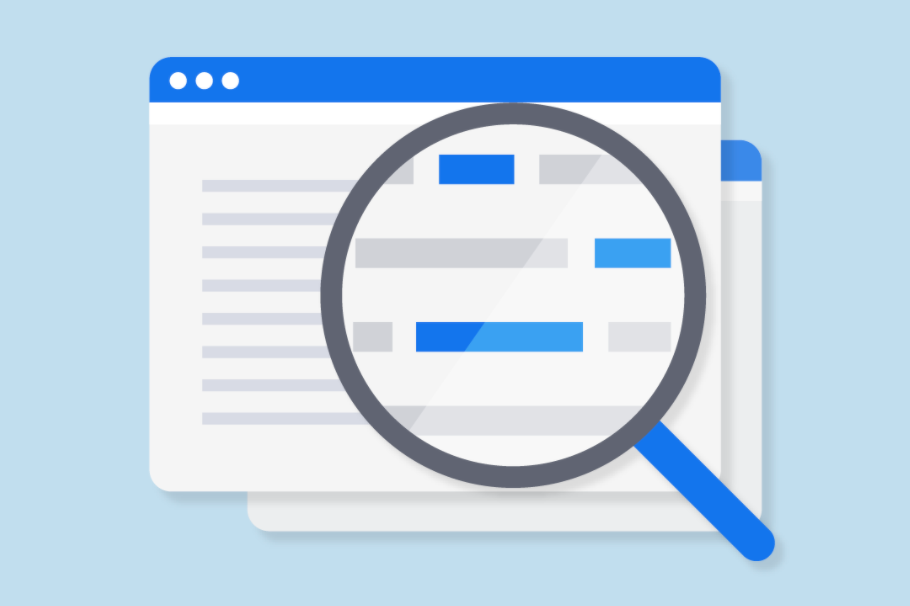If you’re an SEO putting a lot of energy into building new links for your website, Moz’s Rand Fishkin idea behind inferred links will make you rethink your strategy.
In brief, Rand believes that while links have been fundamental for rankings, they won’t be fundamental for SEO in the long run.
How will inferred links replace normal links?
Inferred links are essentially lexical references that connect topics and keywords to a brand, website, or page.
One example of an inferred link (a mention only, not an actual link):
“In its price range, I don’t think there’s a better shoe you can buy than Red Wing’s Truhiker boots.”
Will traditional links lose importance?
Over time, traditional links may be less of a ranking factor, as unlinked endorsements have natural value as well.
Inferred links have the potential to be more of an off-page SEO factor because inferred links tend to be more authentic genuine endorsements.
Links provide quick and easy access between web pages.
But if you’re seeking meaningful, authentic indicators of unbiased endorsement, then inferred links may actually be a better signal.
Today, Google’s algorithm has the ability to interpret both types – inferred and direct.
But what about right now? Do inferred links improve rankings?
According to Fishkin, they do.
While the ratio was 20x or 50x (traditional links being 20 times more influential than inferred links for SEO), today, in 2021, it’s perhaps only as much as 2X the ranking influence.
Of course, this doesn’t mean you should ditch links. But marketers should give more attention to brand coverage, mentions, and inferred links more than they do currently.
According to Fishkin:
“Brand mentions, especially relevant ones in publications that actually reach your audience don’t just impact keyword rankings.
They drive branded search traffic. They improve brand awareness. They almost always increase the conversion rate among the audiences they attract. And much of the time, ironically enough, they indirectly lead to more links than link building itself!”
If Fishkin is correct, the chain of traditional link building may be shifting toward inferred links and away from traditional linking between sites.


